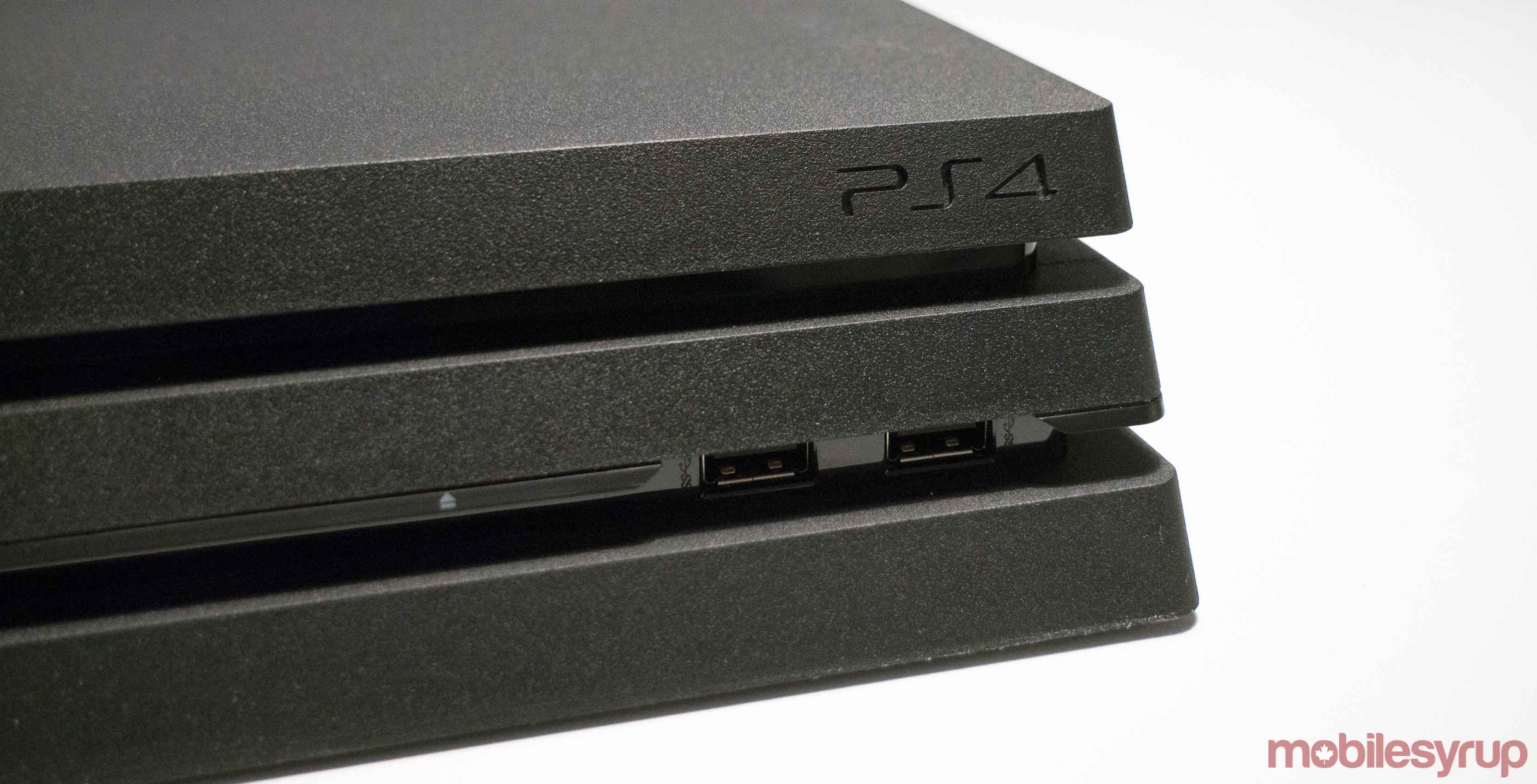
A recently registered Sony patent suggests that backward compatibility is coming with the next PlayStation console.
First spotted by Japanese blog hokanko-alt, the patent was registered to the Japan Patent Office and covers technology that lets devices accurately recognize “legacy applications.”
In the tech space, a legacy application commonly refers to a program designed for older hardware. The patent also mentions an associated “CPU identification algorithm” that would allow legacy applications to run on new hardware.
This would appear to be Sony preparing for its upcoming PlayStation console — currently unnamed but presumably called the ‘PlayStation 5’ — to include backward compatibility with at least the PlayStation 4, if not earlier generations as well.
Notably, the patent listing credits Mark Cerny with designing this method, the lead architect on the PlayStation 4. It appears, then, that Cerny has also been playing a key role in the PlayStation 5’s development.
Further adding credence to all of this speculation was a statement from John Linneman, writer and video producer at games hardware analyst Digital Foundry. Shortly after the patent began circulating the web, Linneman took to Twitter to note that the PS5 will “absolutely” have backward compatibility with PS4 games. He didn’t credit a specific source, but given Digital Foundry’s extensive technical knowledge, it appears that he’s making an educated guess.
It will absolutely have this. Zero question.
— John Linneman @dark1x.bsky.social (@dark1x) January 31, 2019
However, Linneman was less certain about games from older generations being supported.
I don't even know since they don't sell PS1 games right now and PS2 games are rarely available for sale. I'd like to see support but who the heck knows!
— John Linneman @dark1x.bsky.social (@dark1x) January 31, 2019
In any case, Sony certainly has a history of offering backward compatibility in its consoles. The PlayStation 2 was able to play most of the original PlayStation games, while one of the PlayStation 3 models similarly supported the majority of original PlayStation and PS2 games. The PS3 also allowed users to download select original PlayStation games from the PlayStation Store.
However, the PlayStation 4 did not offer native PS3 backward compatibility due to its predecessor’s cell processor. While the chip’s complicated architecture helped the PS3 run such technically impressive games as Uncharted and God of War, it also led the system to become notoriously difficult for many developers to work with. This, in turn, made it particularly challenging to get PS3 games up and running on PS4, although Sony eventually found a workaround via streaming through its PlayStation Now service.
Sony also launched the PlayStation Classic in December 2018, a miniature replica of the original PlayStation that is packed with 20 pre-installed games and serves as a direct response to Nintendo’s successful NES and SNES Classic consoles. However, the system didn’t appear to resonate with consumers the way Nintendo’s systems have due to a controversial games lineup and spotty emulation. As a result, mere weeks after release, Sony ended up cutting the console’s price significantly.
Given the perceived failure of the PlayStation Classic, it’s quite possible that Sony would try its hand again at offering original PlayStation games — and, perhaps, even PS2 titles — in a future console. It’s also worth noting that Cerny got started at PlayStation working on beloved classics like Crash Bandicoot and Spyro the Dragon. Given that he’s now looking into backward compatibility, it could very well mean that the PS5 would be able to play older games.
Whatever the next PlayStation system ends up being, it reportedly won’t be a “major departure.” It’s also unclear when the system may release, especially given that competitor Microsoft is preparing its own set of next-gen Xbox consoles as well.
However, Kotaku‘s often-reliable news editor Jason Schreier has said he’s been told both Sony and Microsoft’s next-gen consoles are targeting a late 2020 launch.
Source: hokanko-alt Via: GamesRadar
MobileSyrup may earn a commission from purchases made via our links, which helps fund the journalism we provide free on our website. These links do not influence our editorial content. Support us here.


